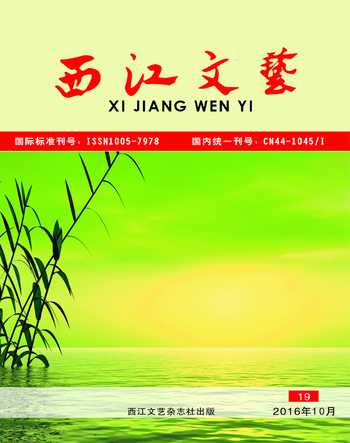目的论视角下汉语网络流行语的翻译
李琪 刘琪
【摘要】:汉语网络流行语的英译是一项重大的任务和文化使命。翻译目的论为汉语流行语英译带来了新的视角,本文根据不同的翻译目的,在分析2015年汉语网络流行语译例的基础上,提出了几种有效的汉语网络流行语的翻译策略。
【关键词】:汉语网络流行语,目的论,翻译策略
With the development of network technology and net citizen, network buzzwords spread very fast.The author will introduces several effective methods of translating Chinese network buzzwords into English under the guidance of the Skopos Theory.
1. A Brief Introduction to Chinese Buzzwords
Buzzword is a word or phrase, especially one connected with a particular subject, has become fashionable and popular and is used a lot in newspapers, etc. And three features of buzzwords can be summed up:(1)Freshness in time(2)Popularity and fashion(3)Special context. For example,自拍杆(selfie stick),求赞党(praise),爆买(explosive buying),屏怒(screen rage),手机走神(moblivious),神烦狗(doge),好基友(butt buddies),剁手(chopping hands), etc.
2.The Skopos Theory
The skopos theory provides a new perspective for translating Chinese network buzzwords into English. Under the guidance of it, there are two important factors for translating: first, considering target readers acceptability, and their reading habits, meanwhile conveying the source text much better; second, remaining the Chinese characteristics and cultural context as much as possible.There are three rules of it: skopos rule, coherence rule and fidelity rule. And the highest standard is the skopos rule.
3. Translation of Chinese Network Buzzwords
Buzzwords reflect the social life directly at present,which is important and effective for foreigners to understand Chinese society. To accomplish the purpose of acceptability, domestication and liberal translation can be used. Under the source culture-oriented translation purpose, foreignization and literal translation can be adopted.
For instance,“型男”is used to describe such fashionable, handsome and attractive men. we can use “metro-sexual man” to name these male group who are attractive in the image or pay more attention to their appearances.“中國式过马路”, a term refers to a large crowd of people crossing the road no matter whether the traffic light is red or green. The phrase“中国式过马路”is translated into“Chinese style of crossing the road”in English. And“土豪”(tuhao) and“大妈”(dama) have been included in the Dictionary. “吃土”(eating dirt) means that consumers spend too much on Singles Day shopping to have any money left for food; as a result, they can only“eat dirt”, which is free.The sentence“你们城里人真会玩”and its short form“城会玩”is frequently used. We can get the original meaning:“You urban folks are really born to mock”. It is very popular.
The Chinese buzzword can be translated into different versions by choosing different strategies. In short, translation strategies are determined by the translation purposes.
參考文献:
[1]Liu Xiaohua, On the Translation of Chinese Buzzwords into English from the
Perspective of Skopostheorie [D].Northwest University, 2014.

